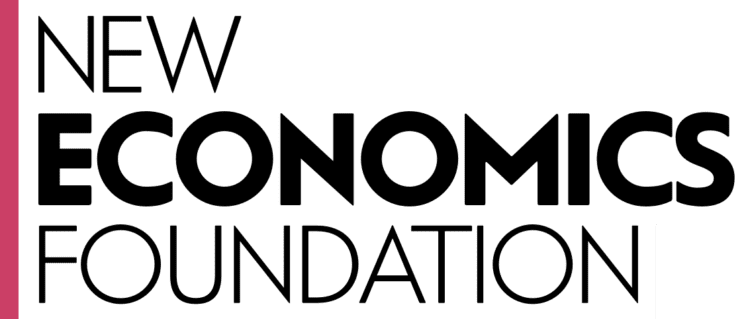Social Return on Investment Evaluation
 International Citizen Service (ICS) brings together young people (aged 18-25) from the UK and developing countries who volunteer to work together on education, health, livelihood and civic participation projects in Africa and Asia, and previously Latin America. The aim of the programme is to make a positive contribution to poverty reduction and the sustainable development outcomes of the host country. In addition, the programme supports the longer-term personal and social development of the volunteers: they build skills that enable them to act as agents of social change within their own communities and beyond.
International Citizen Service (ICS) brings together young people (aged 18-25) from the UK and developing countries who volunteer to work together on education, health, livelihood and civic participation projects in Africa and Asia, and previously Latin America. The aim of the programme is to make a positive contribution to poverty reduction and the sustainable development outcomes of the host country. In addition, the programme supports the longer-term personal and social development of the volunteers: they build skills that enable them to act as agents of social change within their own communities and beyond.
NEF Consulting was commissioned by VSO, who manage the ICS programme, to explore the socio-economic value that ICS volunteers generate for themselves and the long-term return on investment of youth volunteering. The impact of volunteers’ community work is not included in this study.
The evaluation sought to understand two broad research questions:
- The longer-term impact of the ICS experience on volunteers.
- Whether socio-economic impact varies across different groups of volunteers.
The approach
We used a qualitative research approach to develop a programme theory of change and to verify the outcomes. Existing UK volunteer survey data collected by VSO at three points in time were used in the Social Return on Investment (SROI) analysis. This study focused on UK volunteers due to data availability, however the analysis can be extended in the future to include national volunteers, based on the learning from this study.
Outcomes
- Increase in confidence was one of the most widely reported changes experienced by UK volunteers. When asked about the effects of their ICS placement, nearly half of all volunteers stated that ICS had influenced their confidence ‘a lot’. Only 18.1% of UK volunteers reported no influence on their confidence levels.
- UK volunteers were involved in higher levels of active citizenship post-placement than is found generally among 16-24 year olds in England. Of those who did voluntary work during the 12 months after returning, 93% did at least as much before their placement began, and 38% reported that they did ‘a lot’ more.
- The number of volunteers who engaged regularly with at least one organisation rose by 7.5% post-placement, and volunteers who reported at least one form of regular civic engagement increased by 7.2%.
- UK volunteers reported that they had kept in touch with other ICS volunteers. 82% of UK volunteers reported that they had kept in touch with both UK and national volunteers.
- UK volunteers improved their ability to work in a multicultural environment. The rate of volunteers indicating that they felt confident in communicating with people of different backgrounds rose by 4%, by the end of the ICS placement. Understanding that their communication style should be adjusted when working cross-culturally rose by 18.9%, 12 months post-placement.
Social return on investment (SROI)
The SROI modelling process estimated the net impact of the programme by adjusting for the concepts of deadweight, attribution and displacement, before monetising the benefits created by ICS using financial proxies, and plotting the duration of these benefits over time.
The ICS programme is estimated to have created benefits equivalent to £176,962,812 for UK volunteers at a total cost of £38,166,808. The SROI ratio is 4.64:1, meaning that for every £1 spent on the programme an estimated £4.64 in social value is created.
Female UK volunteers and UK volunteers from lower income households experienced higher levels of impact from the ICS programme. Female volunteers derived a higher estimated impact from ICS than male volunteers, with an associated SROI ratio of nearly 5:1 for female volunteers compared to 3.22:1 for male volunteers. This was due mainly to the higher proportion of female volunteers stating ICS had improved their confidence ‘a lot’.
UK volunteers from lower income households who had received free school meals saw a much greater impact on confidence and active citizenship relative to those who had never received free school meals, resulting in a 5.68:1 SROI ratio compared to a 4.17:1 SROI ratio.
